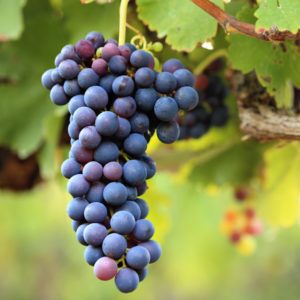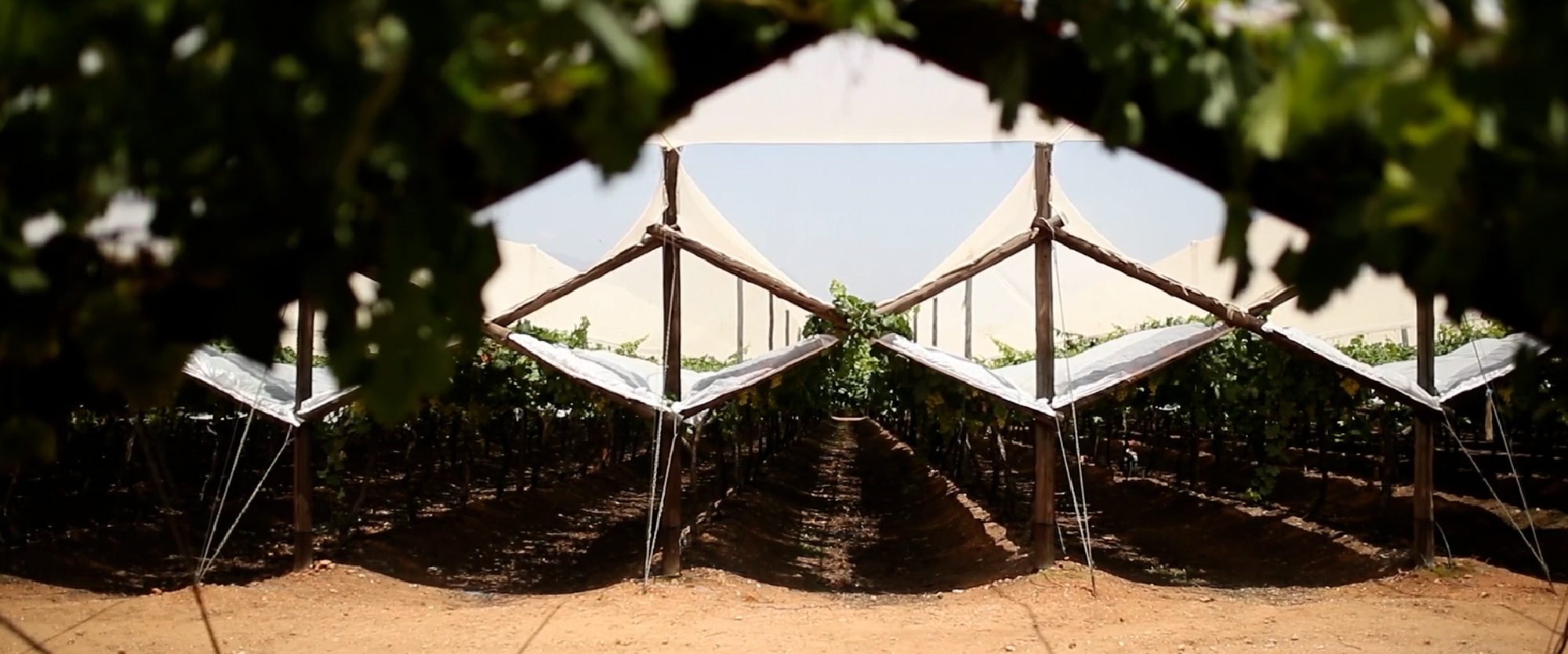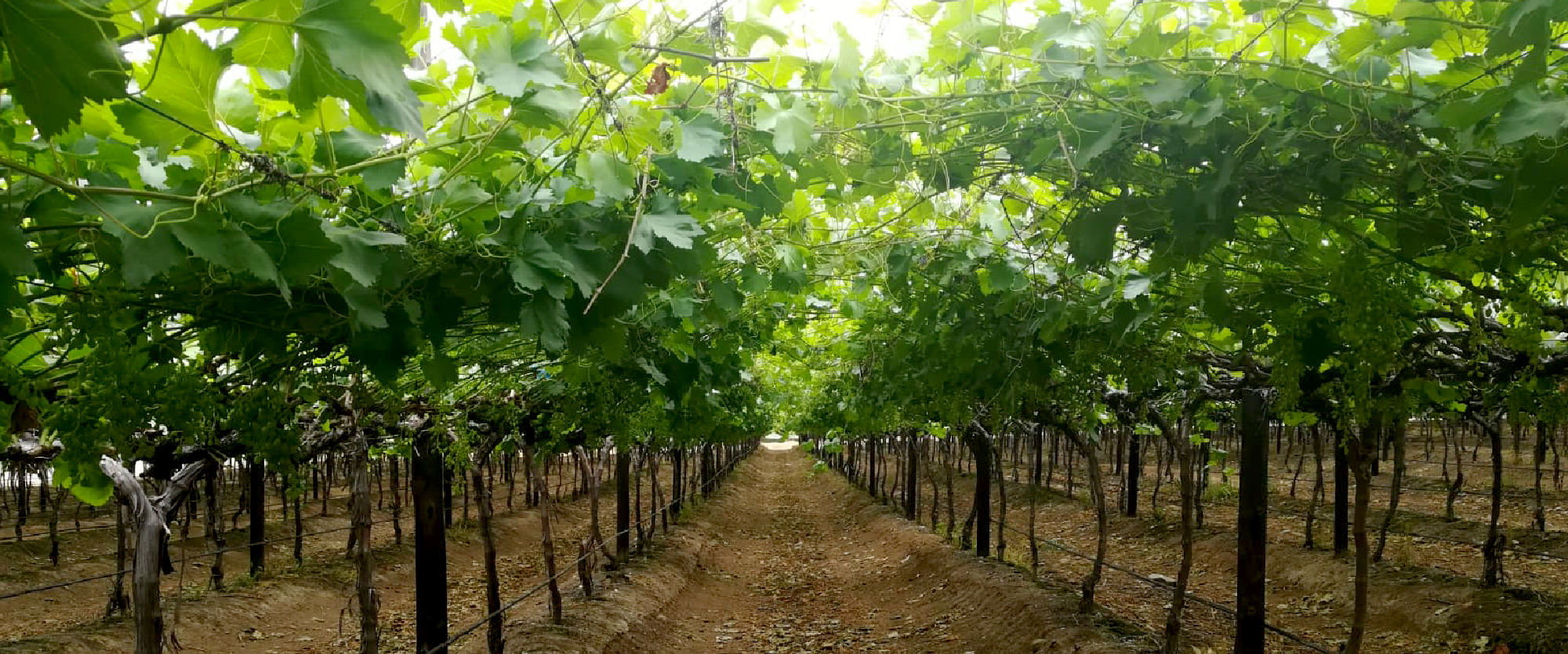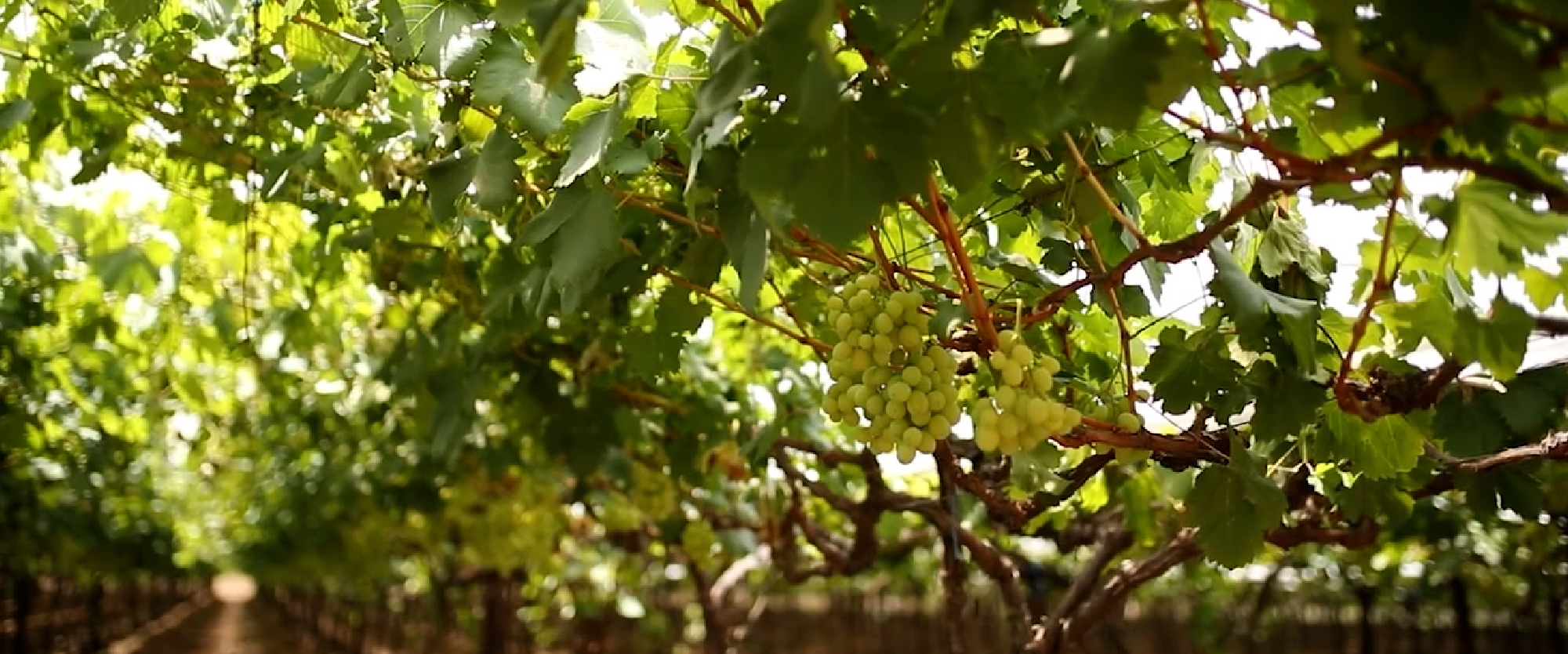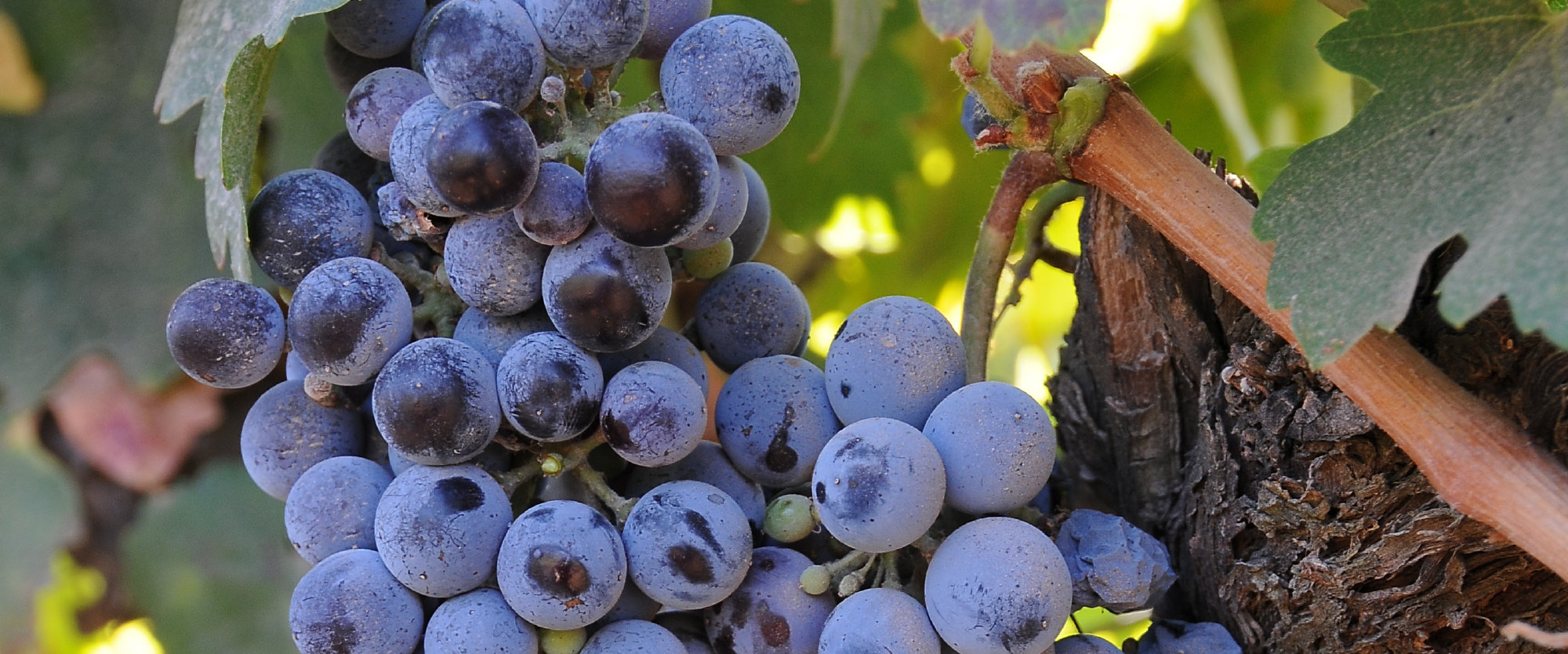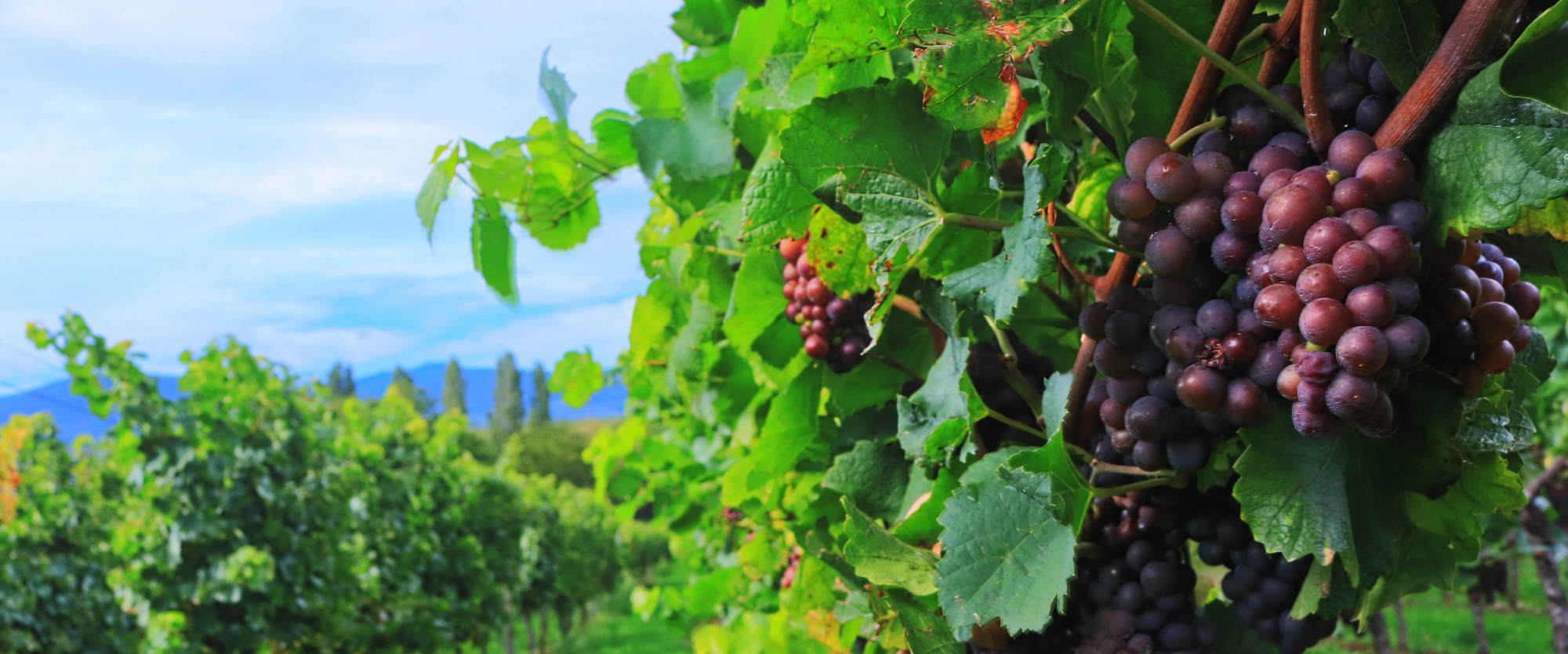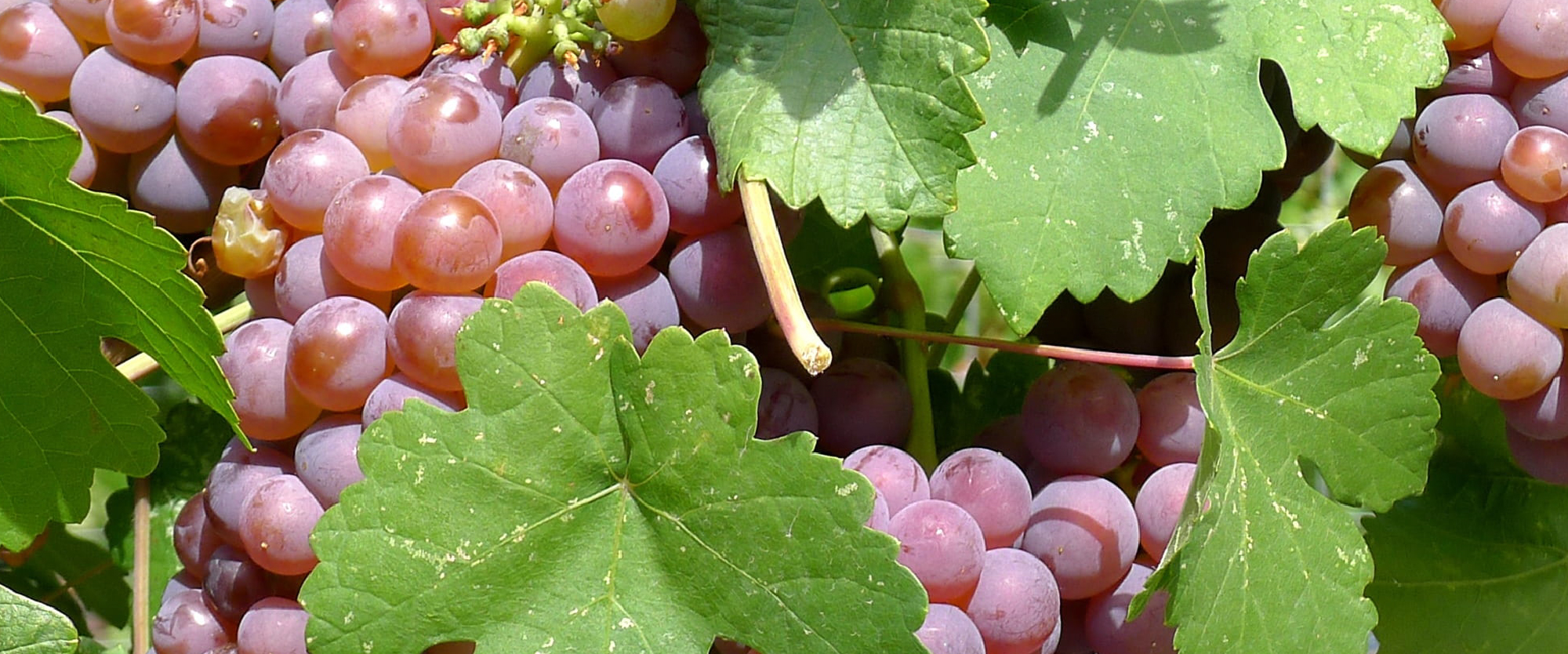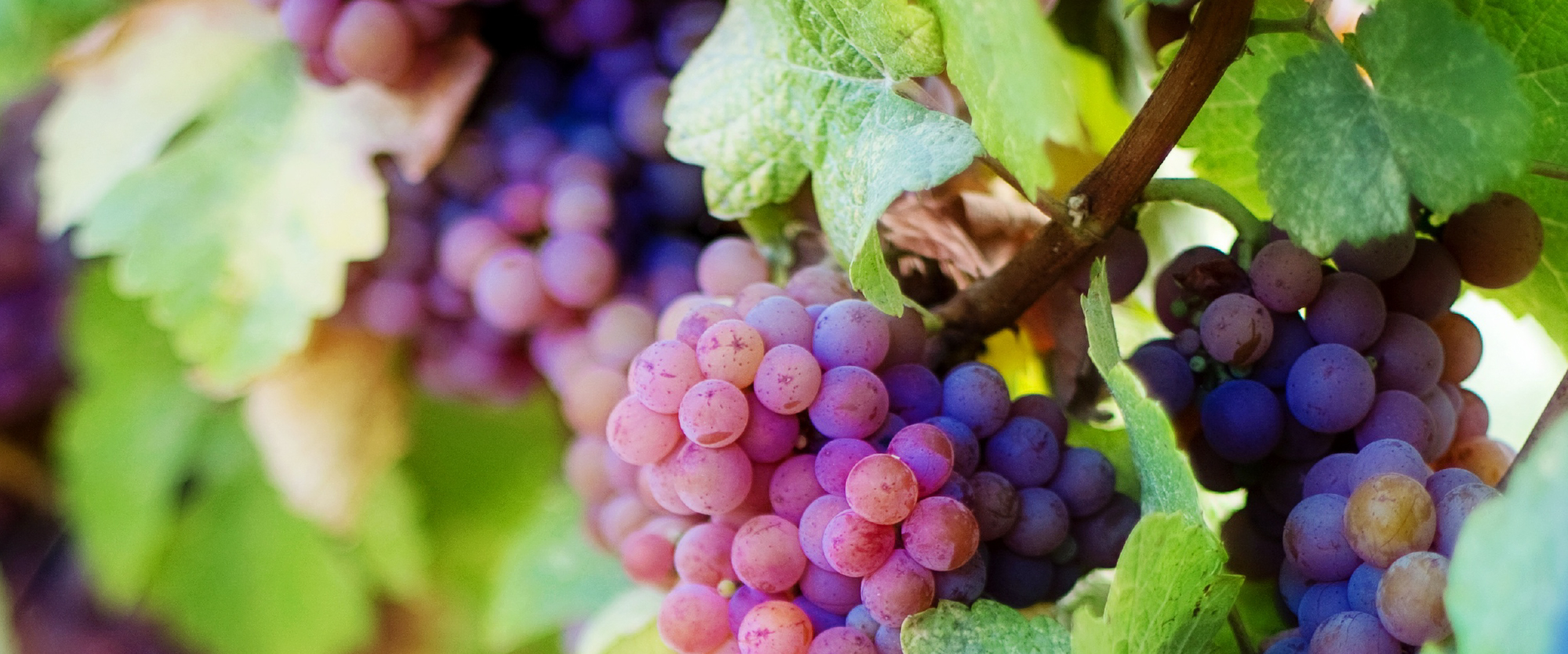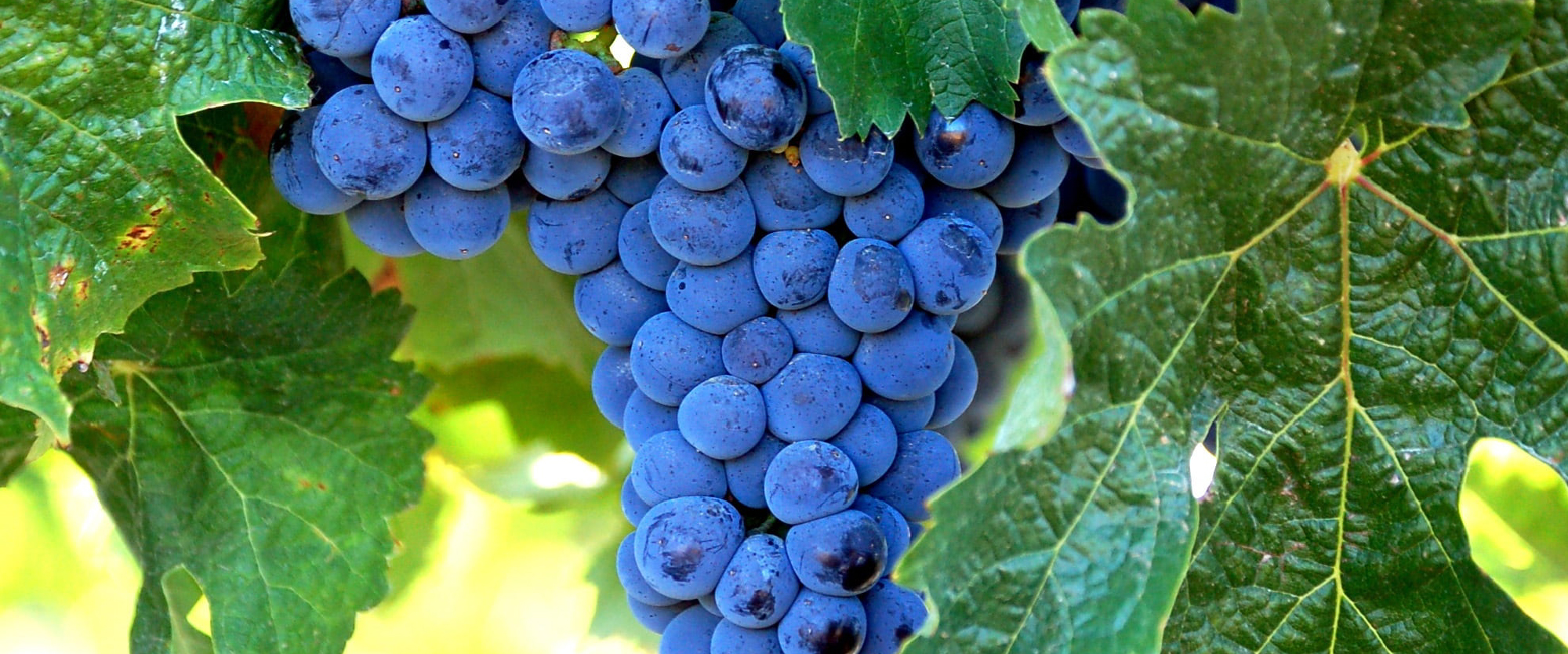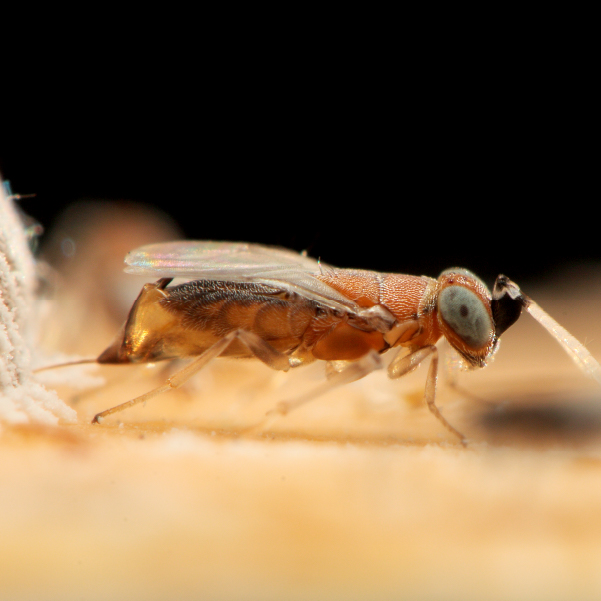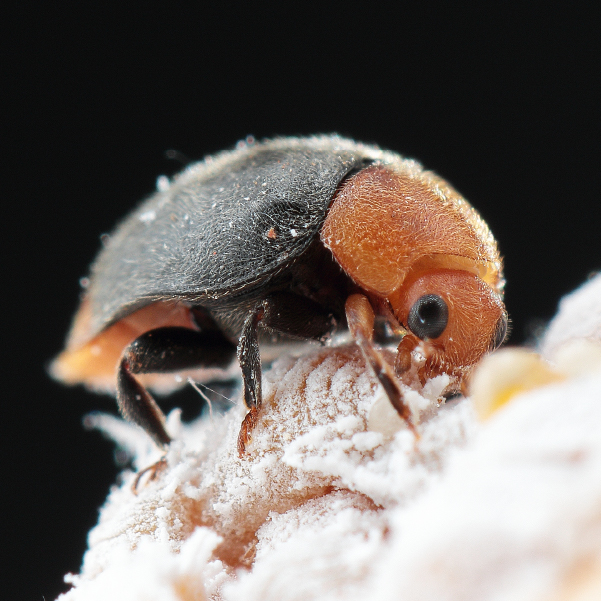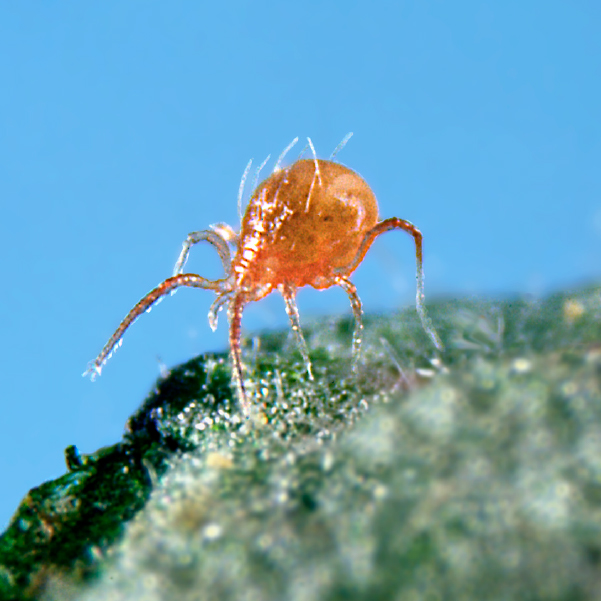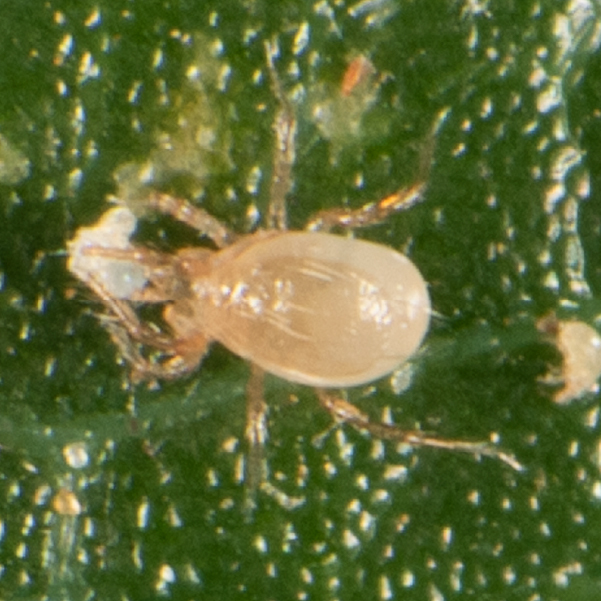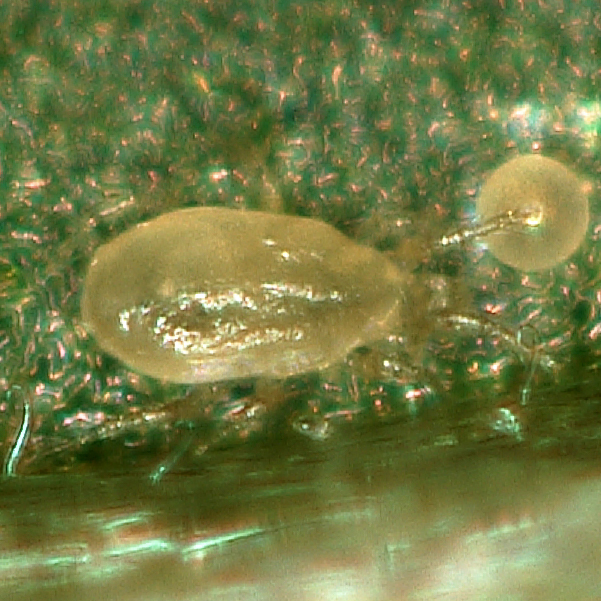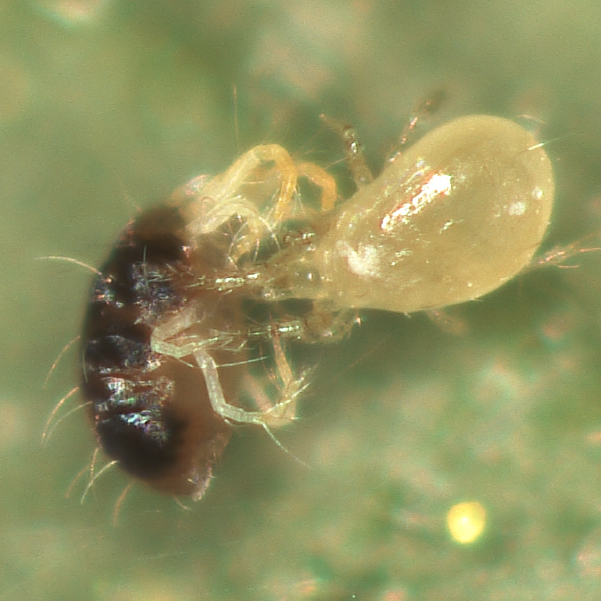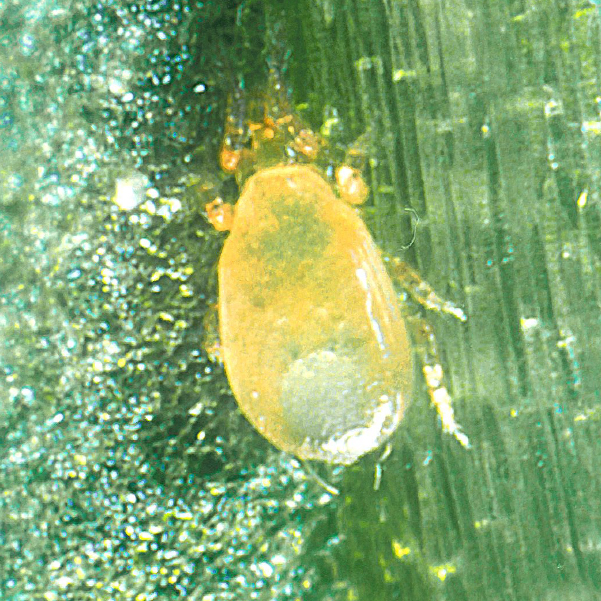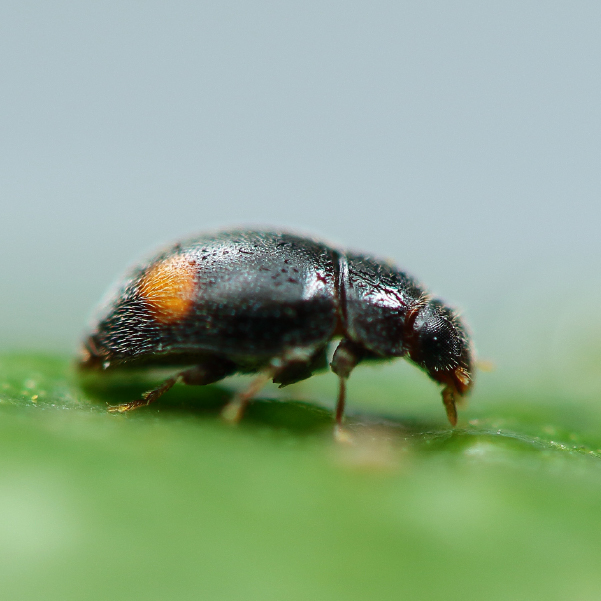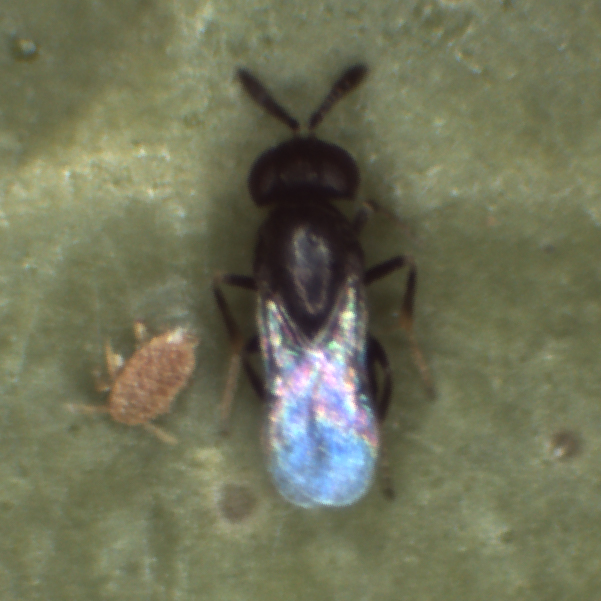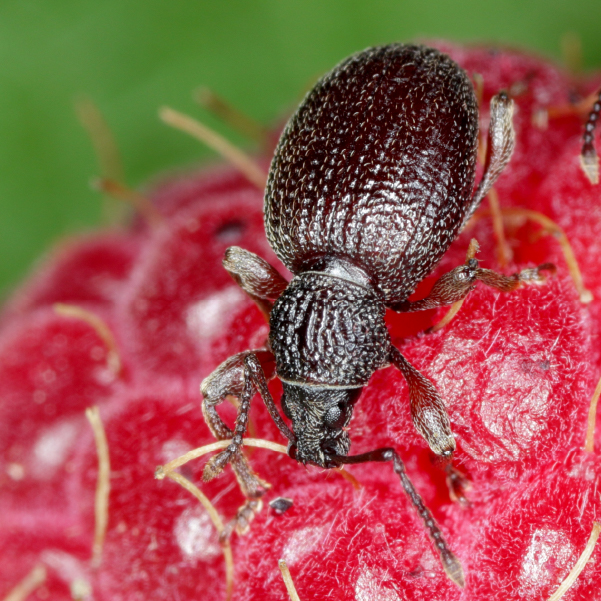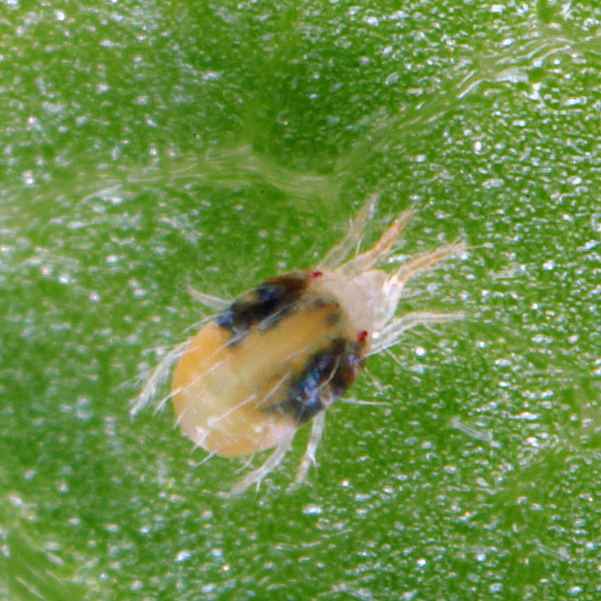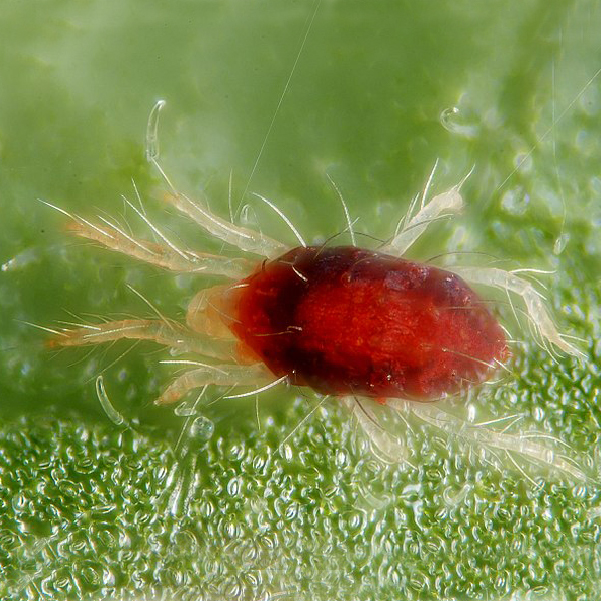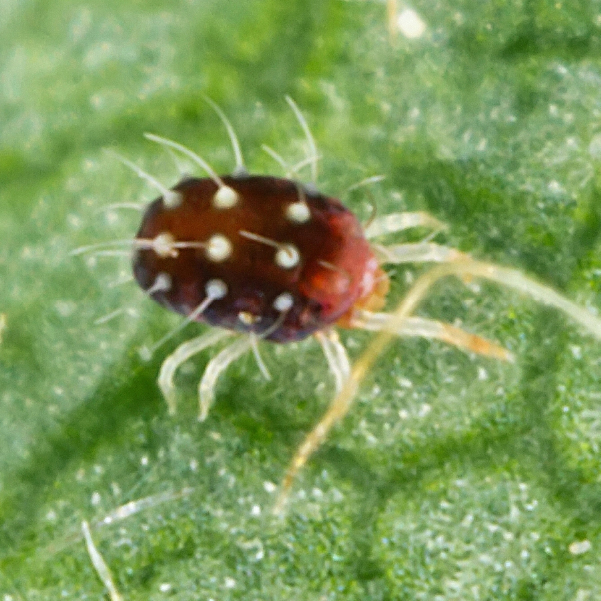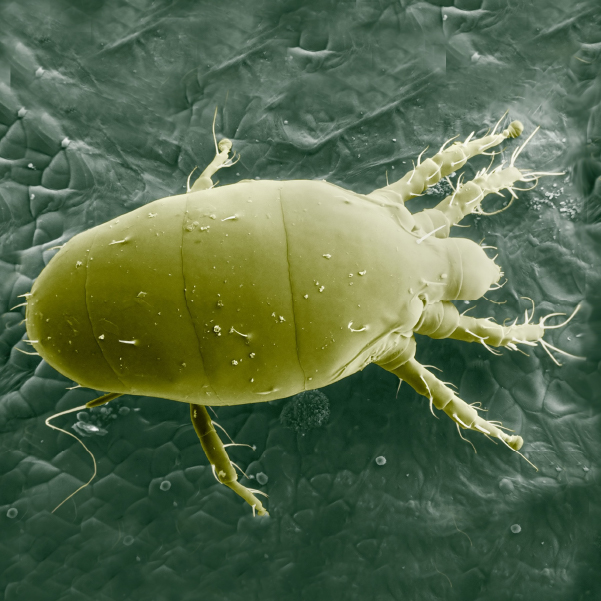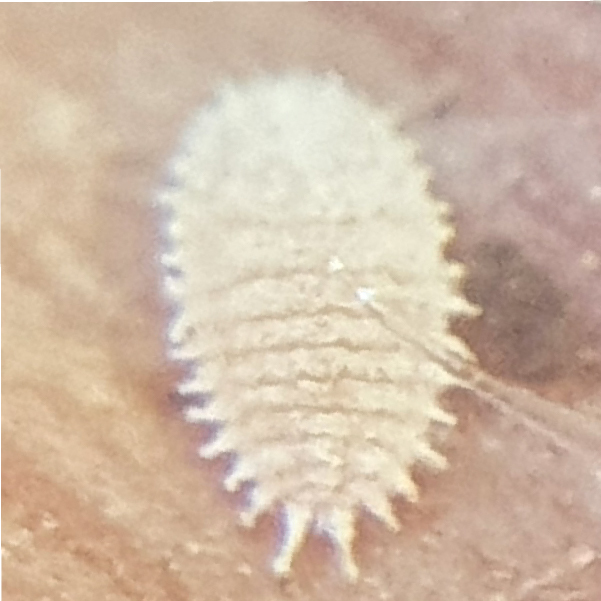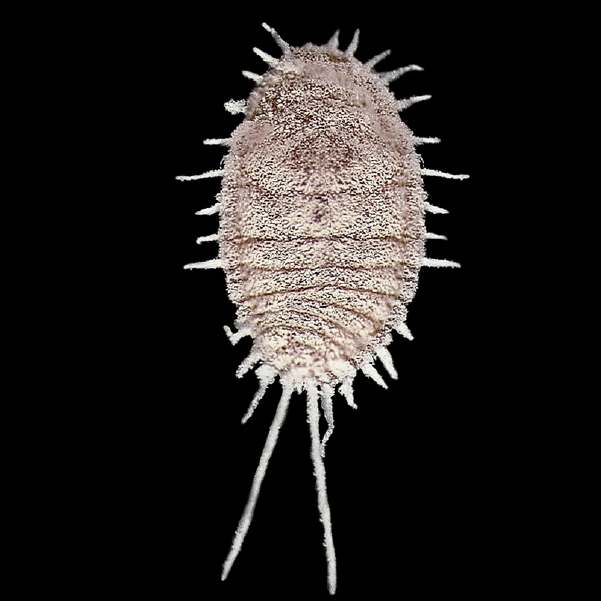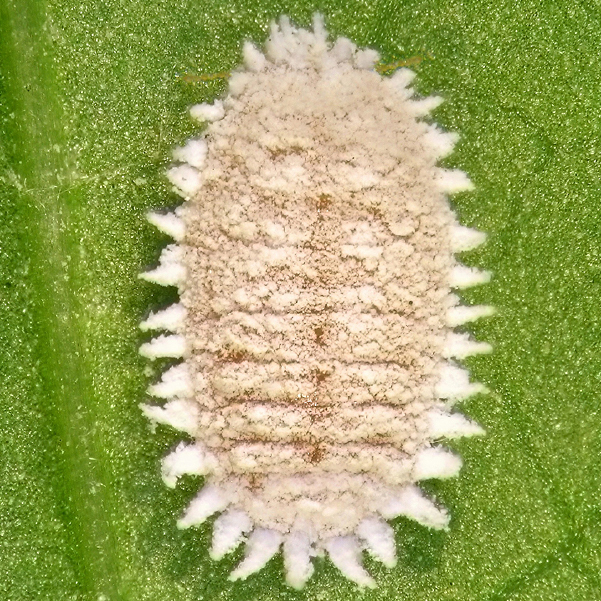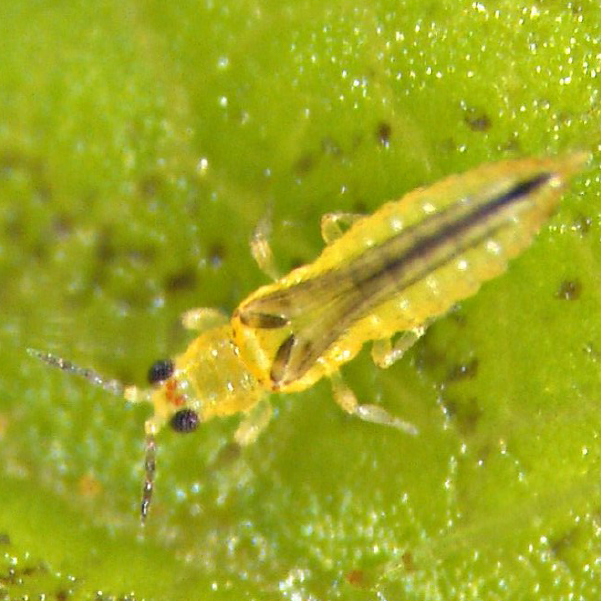A vineyard is a plantation of grape-bearing vines, grown mainly for winemaking, but also raisins, table grapes and non-alcoholic grape juice.
South Africa grows about 1.4 million tons of wine grapes on more than 100,000 hectares of land and more than 260,000 tons of table grapes grown on more than 18,000 Ha. Most vineyards are located in the Western and Northern Cape.
Vineyards can also be found in , KwaZulu-Natal,,Eastern Cape and Mpumalanga provinces.
South Africa’s ability to supply fresh grapes during the off-season in places such as Europe, the U.S. and Japan, when local growers cannot, has allowed it to meet growing market demands. The South African vineyard market is primary exports to Europe, both as wine and table grapes, though a smaller market also exists in the Middle East and the Far East. Currently, there is a growing demand for South Africa’s seedless grapes, including the Prime, Flame Seedless, Sugraone varieties.
South Africa is one of the leading producers in the global wine market, with a yearly production of approximately 10,000 million liters of wine or other products. White wine varieties include Chardonnay, Chenin Blanc, Colombard, Rhine Riesling, Cape Riesling, and Sauvignon Blanc, while Cabernet Sauvignon, Cabernet Franc, Cinsaut, Merlot, Pinotage, Pinot Noir, Shiraz, and Zinfandel are among the red varieties. Newer plantings in South Africa tend to be Sauvignon Blanc and Chardonnay.
South African vineyards are particularly vulnerable to grape and vine mealybugs infestations due to several factors, including climate.
Pests and diseases
BioBee’s approach to IPM is multifaceted, employing multiple strategies to achieve the optimal result. In addition to the gradual release of host-specific beneficial insects, BioBee recommends that growers use selective “soft” chemical pesticides. This strategy helps growers transition from using “harsh” chemicals, which are dangerous to the human population and the environment and have long-lasting residues. It has also been proven to increase marketable crop yield, and as a result, increases profits.
With BioBee, growers meet the strict legislation in Europe, the U.S., Japan and other countries regarding MRLs (maximum residue levels), as well as GAP (Good Agricultural Practices) requirements, including GLOBALGAP (a voluntary standard required by many supermarket chains in Europe). Produce grown with BioBee requires minimal pesticide use.
BioBee’s staff is extensively trained in the IPM method, and works directly with growers to produce a tailor-made IPM program to meet his or her individual needs. This customized program is successfully implemented with the ongoing oversight and guidance of BioBee’s staff.
